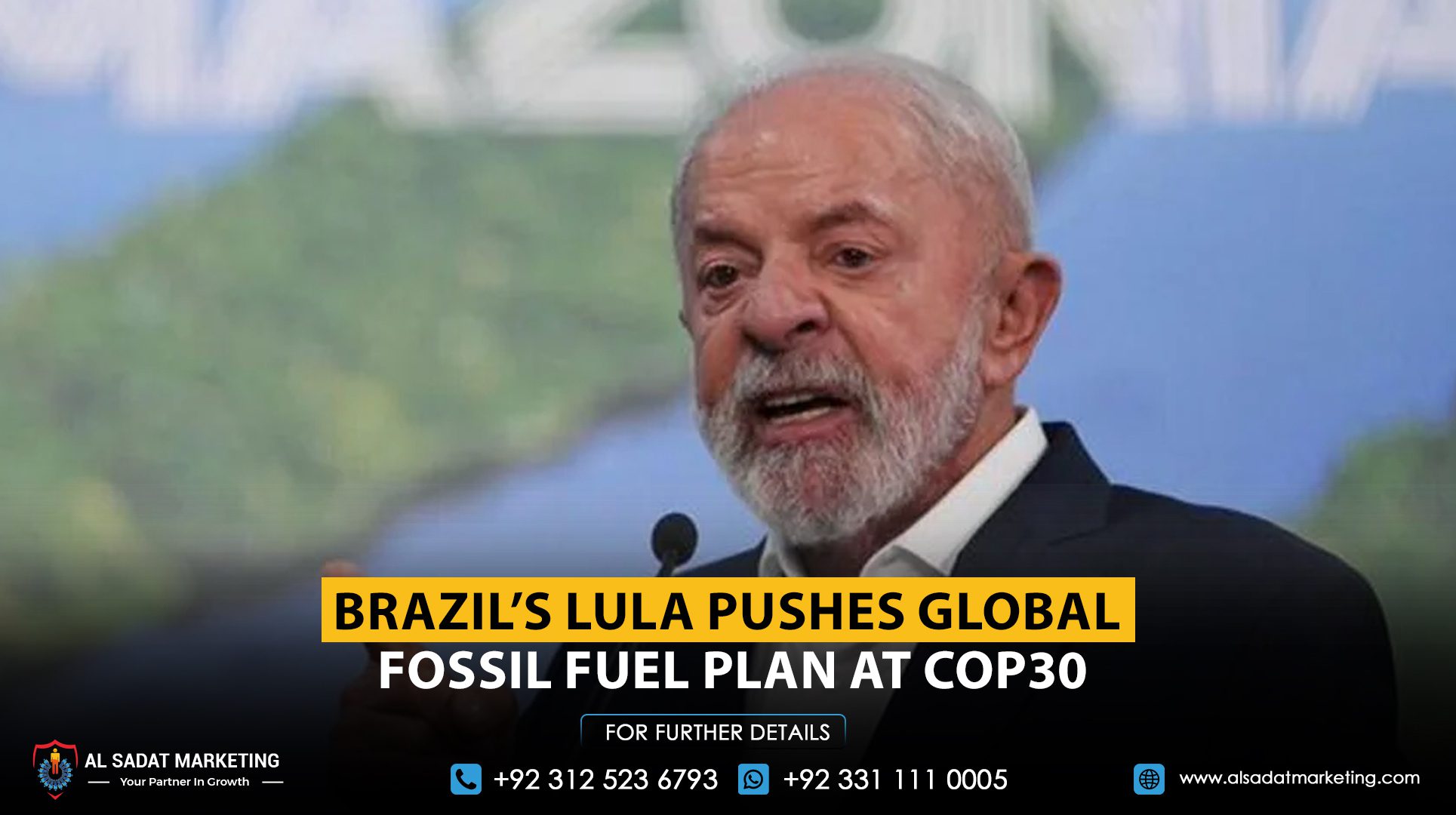Brazilian President Luiz Inácio Lula da Silva is urging world leaders to agree on a global roadmap to reduce fossil fuel use at the COP30 climate summit, but deep divisions among countries and the absence of the United States are slowing progress.
Lula, who has positioned Brazil as a leader in climate diplomacy, wants a clear and practical plan that helps nations move from current emission levels toward long-term climate goals. His call comes as many countries struggle to align on how fast the world should transition away from coal, oil, and gas, and how climate finance should be structured for developing nations.
Scientists advising COP30 say the roadmap must be more than a political statement. In a letter addressed to the presidency, seven leading scientists wrote that it should act as “a real work plan showing how to reach our climate targets.” They warn that delays in cutting fossil fuel use could worsen global heatwaves, floods, and storms—impacts that hit poorer nations the hardest.
The absence of the United States at the summit has created additional pressure on other major economies to lead negotiations. Lula and UN Secretary-General António Guterres have been holding meetings in Belem to push countries toward compromise, but disagreements remain wide on key issues.
India has also highlighted the urgency of climate action. Environment Minister Bhupender Yadav said climate change “is real and imminent,” adding that India may submit its updated climate plan in December instead of waiting for the summit to conclude.
As talks continue, the lack of consensus threatens to delay decisions that many experts say are critical for the world to stay on track with climate commitments.










